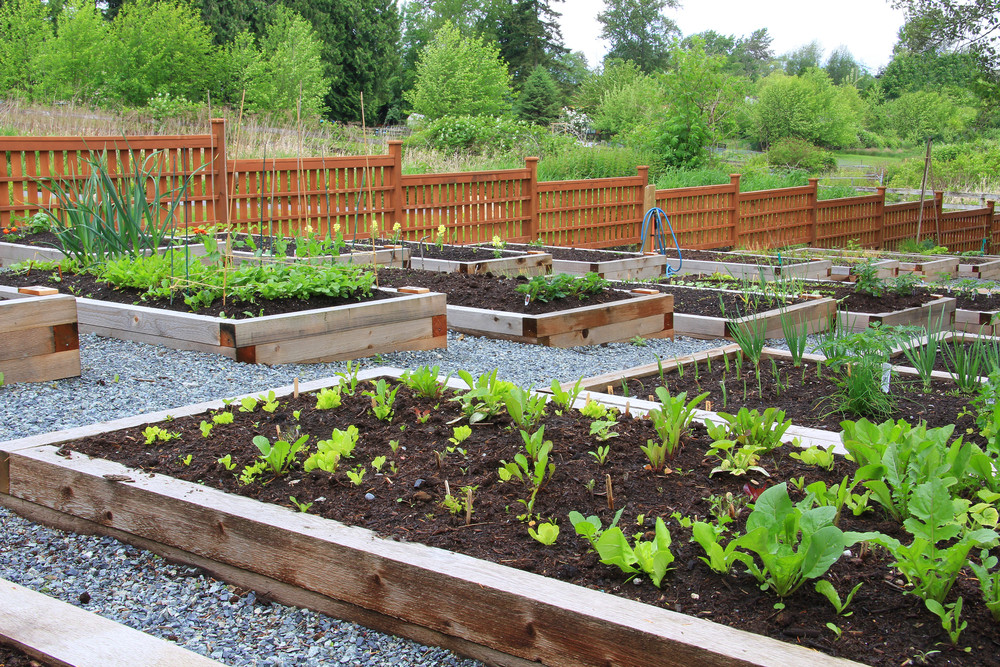It is advantageous to grow herbs at home, as they are full of antioxidants and essential nutrients, saves money and provides numerous health benefits.
“After harvest, plants lose half of their nutritional value within 30 minutes,” said Brian Hertrich, a natural therapist and horticultural specialist at Hippocrates Health Institute in West Palm Beach, Florida. “You can grow herbs yourself, so you can get very fresh plants.” He suggested.

Here are 10 health-friendly herbs that are easy to grow at home that not only makes our life easier but also have health benefits”
Rosemary
This beautiful, aromatic herb contains compounds like carnosic acid that have proven to be anti-cancer. More importantly, the smell of rosemary may even improve your memory. A recent study by the University of Northumbria shows that in England, people living in rooms with rosemary can better perform various memory tasks.
Planting tips: Rosemary grows best with plenty of sunlight and moisture. “I like to plant it where you can touch it when you’re on the road,” says Hertrich. “All you need to do is touch it and then it releases a scent.”
Thyme
Thyme has long been used to treat respiratory problems such as bronchitis, in addition, it also has anti-corrosion properties. Even better, thyme has almost no calories, it can be used to make soups, to make the soup more delicious, and to make salads and even champagne.
Planting tips: Petite but rich flowers, make your home beautiful. Therefore, thyme is very suitable for indoor cultivation, as long as it has been ensured that it has sufficient sunshine on it.
Lavender
Lavender is not only beautiful in appearance but also has many health benefits. Its scent is soothing which helps you fall asleep. It contains an antioxidant called polyphenols that can be used to relieve bloating.
Planting tips: “Lavender is a relatively large plant that is best grown on the balcony or in the garden,” says Hertrich. Lavender needs to be planted in a sunny area, maintaining a daily light of not less than 8 hours. Lavender requires well-drained soil, so if you choose to grow indoors, make sure you have enough drain holes in the bottom of your pot.
Basil
Basil is considered to have a calming and soothing effect, it can also be used to extract fiber, and it has detoxification effects on the liver. Because of its powerful anti-inflammatory activity, basil oil can also help people remove blemishes on the skin.
Planting tips: Basil is a hardy plant, not critical of the living environment, it can grow well in both indoors and outdoors, it does not require too much care, just pour water once every other day and they will grow well.
Parsley
Parsley is full of nutrition. It contains vitamins A and C and takes only one tablespoon to meet the daily intake of vitamin K, which is an essential nutrient that keeps blood healthy.
Planting Tips: Parsley is easy to grow because it does not require much sun and care, just make sure the soil is not too dry as it can be hard to recover it once the plant is wilted. However, Parsley grows more slowly than other herbs, but it is worth the wait.
Sage
Many cosmetic products contain sage on their ingredient list, which has anti-corrosion and anti-oxidant properties that can be used to prevent aging. Sage is also used to combat anxiety and fatigue.
Planting tips: Sage is a kind of herb with higher requirements for planting among other herbs. If you want it to thrive, you need to give it plenty of sunshine, good soil, pour water every other day.
Cilantro
Popular in Mexico and Asia. Coriander provides fiber and iron to help clear heavy metals in your body. “There’s some heavy metal that gets ingested in our bodies,” said Hertrich. “Coriander helps us get rid of the mercury, lead, and other toxic heavy metals in our bodies.”
Planting Tips: Coriander because of its deep roots, needs deep soil to thrive, so for the indoor planting, it might be a challenge.
Chives
Delicious leek belongs to the type of green onion vegetables that can help boost your immune system. Several studies have shown that eating allium vegetables, including; chives, garlic and leek, can reduce the risk of certain cancers, including prostate, stomach and breast cancer.
Planting tips: “Leeks are one of my favorite herbs,” says Hertrich. “They grow easily, can grow indoors, do not need much space to grow, and do not need too much light.”
Dill
Not only can this delicious herb be used to make pickles, it is also a great antioxidant (such as beta-carotene) that some people think can cure hiccups. Next time, if you have hiccups, use a glass of boiled water and a teaspoon of dill leaves, drinking it should be effective or you can chew a teaspoon of dill seeds as well.
Planting Tips: Dill requires plenty of sunshine and grows best in less-than-deep soils. Dill only requires watering once a week.
Mint
Hertrich also said, “Peppermint is also very beneficial to the respiratory system and digestive system and has a healing effect on nausea, headache, asthma, acne, etc.” A recent study also found that during exercise, using peppermint oil can have a positive effect on the respiratory rate and blood pressure.
Planting Tips: This herb grows quickly and requires a lot of space. “Because of its speed, it quickly covers the area it is in,” said Hertridge.
Author Bio:
This article was written by Freya Stewart. She is a mother of two and loves her gardens. She has a degree in Nursing and has a passion for writing as well. Therefore, she mostly writes in the topic of food, nutrition, gardening, home improvement tips, parenting, and nursing. She is also currently employed in an academic consultancy firm in the UK where she provides online nursing essays help.















